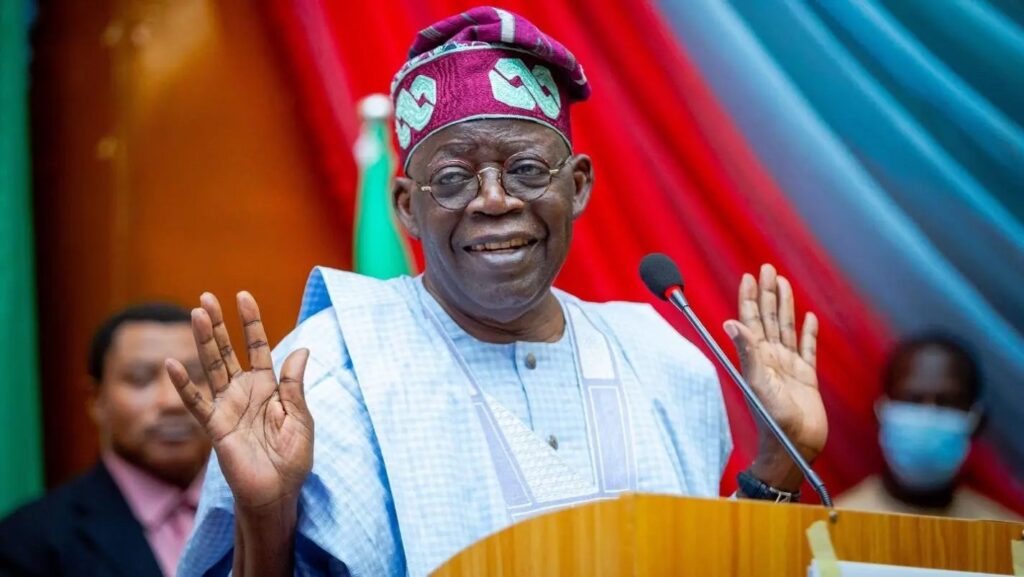The Federal Government has distanced itself from the recent increase in petrol pump prices, attributing the hike to market conditions and decisions made by the Nigerian National Petroleum Company Limited (NNPCL).
The NNPCL announced a surge in fuel prices on Wednesday, October 9, raising the cost per litre from N897 to N1,030 in Abuja, from N855 to N998 in Lagos, and from N1,070 to N1,075 in various regions across the country.
The sudden increase sparked nationwide reactions, with many Nigerians calling on President Bola Tinubu to intervene and reverse the hike.
As reported by the Daily Trust, Minister of Information and National Orientation, Mohammed Idris, clarified that the federal government had no involvement in the price adjustment.
READ ALSO: ‘We Feel Betrayed’, NLC Laments Amid Fuel Price Hike
He clarified that prevailing global energy market dynamics, not government directives, influenced the NNPCL’s decision.
According to Idris, the Petroleum Industry Act (PIA) restricts the government from fixing petroleum product prices since the deregulation of the industry.
“The NNPCL made this decision in response to prevailing circumstances in the energy industry and did not act on any instruction from the federal government. The government can no longer fix prices of petroleum products in line with the provisions of the Petroleum Industry Act,” Idris said.
The minister added that since the removal of fuel subsidies in May 2023, the NNPCL has been absorbing losses by paying the price differential to stabilize the market. However, the company stated it could no longer maintain this approach due to increasing losses.
READ ALSO: Fuel Price Hike In Kano Triggers Economic Hardship,Transportation Crisis
“The differential you’re seeing is a result of different factors. One of them is the crisis in the Middle East, which has led to market volatility, driving up the prices of petroleum products globally. Secondly, as a limited liability company, NNPCL cannot continue to absorb these losses, as it would be operating at a deficit,” Idris explained.
He urged Nigerians to exercise patience and understanding, assuring that the government’s efforts to promote compressed natural gas (CNG) as an alternative fuel would help cushion the impact of the price increase.
He also noted that the government’s ongoing investments in critical sectors such as healthcare, education, infrastructure, and security, using savings from the removal of fuel subsidies, would yield long-term benefits.
READ ALSO: Brace For Further Fuel Scarcity, NNPCL Advice Nigerians
“The government will continue to invest the savings from the removal of subsidies to improve other critical sectors like healthcare, education, infrastructure, and security. We are optimistic that the situation will stabilize and prices will eventually come down,” he assured.
Idris emphasized that the government remains committed to creating an enabling environment for the growth of the energy sector, inviting more private sector investments to improve the availability and affordability of petroleum products for Nigerians.
